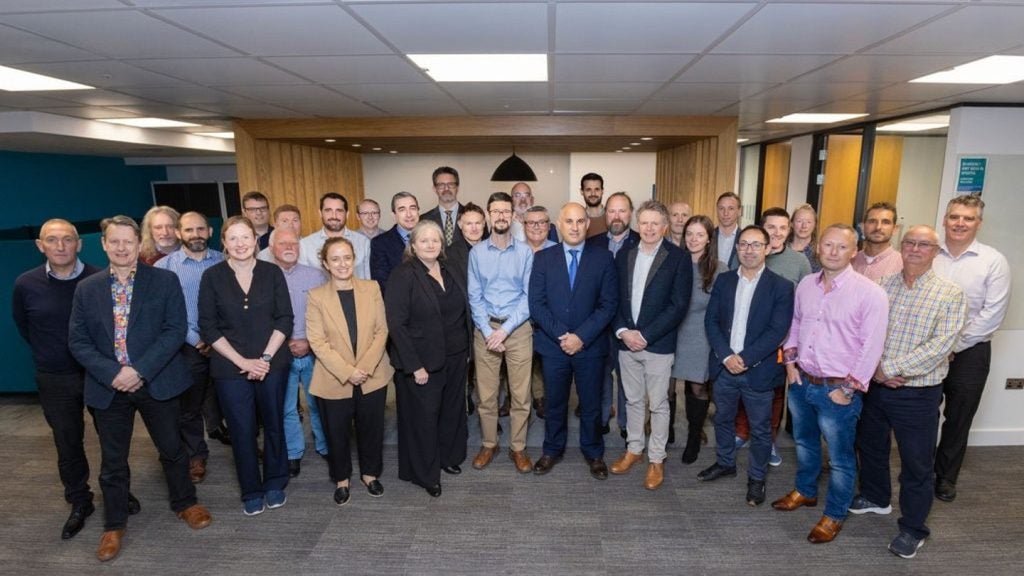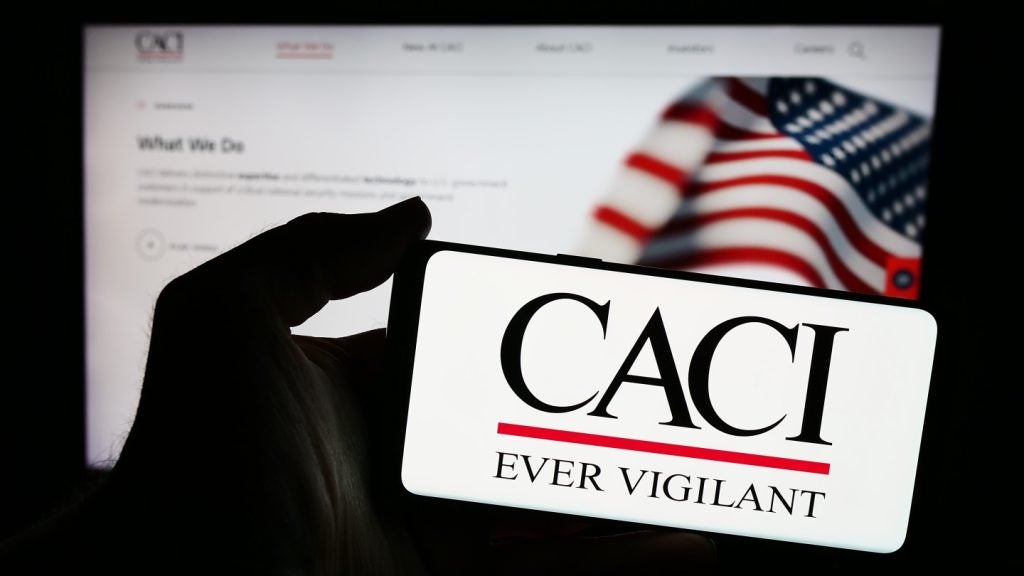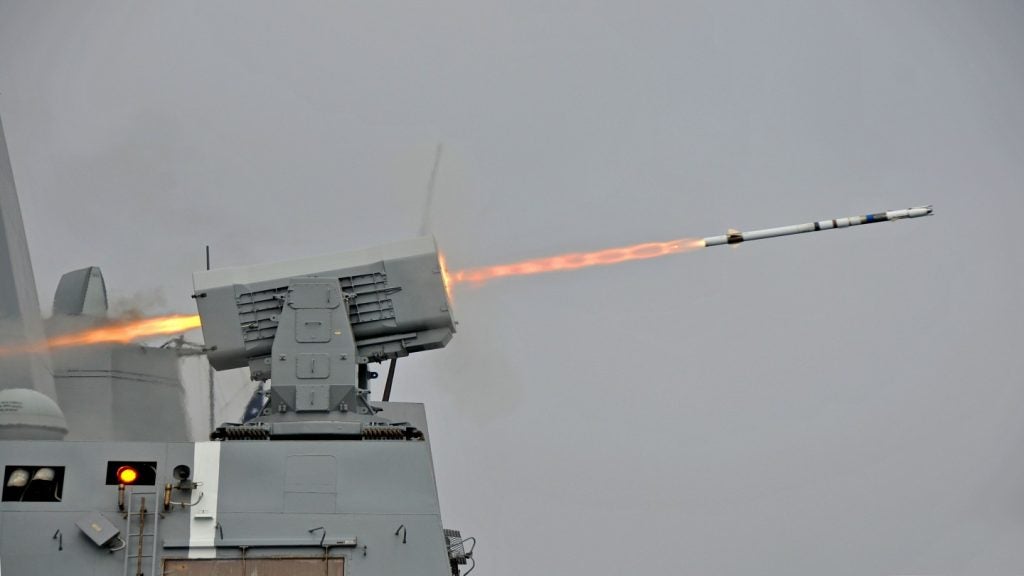Preliminary designs for the US Navy’s free electron laser (FEL) weapon system have been successfully completed by Boeing at its facility in Arlington, Virginia.
Free Buyers Guide
Leading Guide to Submarine and Submersible Suppliers for the Naval Industry
Thank you.
Go deeper with GlobalData
Related Company Profiles
Your download email will arrive shortly.Please check your mail inbox to download buyer's guide
You may also be interested in:

The FEL generates an intense laser light emission, which can disable or destroy targets, when a beam of high-energy electrons are passed through a series of powerful magnetic fields.
Boeing Directed Energy Systems vice-president Gary Fitzmire said the FEL would use a ship’s electrical power to create, in effect, unlimited ammunition and provide the ultra-precise, speed-of-light capability required to defend naval forces against hyper-velocity cruise missiles.
“The successful completion of this preliminary design review is an important milestone in developing a weapon system that will transform naval warfare,” he said.
Boeing received a $169m contract from the Office of Naval Research to develop FEL.
The company expects to receive additional task orders from the navy to complete the FEL design and build and operate a laboratory demonstrator.
Boeing is developing the electron laser programme in cooperation with US Department of Energy laboratories, academia and industry partners.
Free Buyers Guide
Leading Guide to Submarine and Submersible Suppliers for the Naval Industry
Thank you.
Your download email will arrive shortly.Please check your mail inbox to download buyer's guide
You may also be interested in:

By downloading this Buyers Guide, you acknowledge that GlobalData UK Limited may share your information with our partners/sponsors who may contact you directly with information on their products and services.
Visit our Privacy Policy for more information about our services, how GlobalData may use, process and share your personal data, including information on your rights in respect of your personal data and how you can unsubscribe from future marketing communications. Our services are intended for corporate subscribers and you warrant that the email address submitted is your corporate email address.







